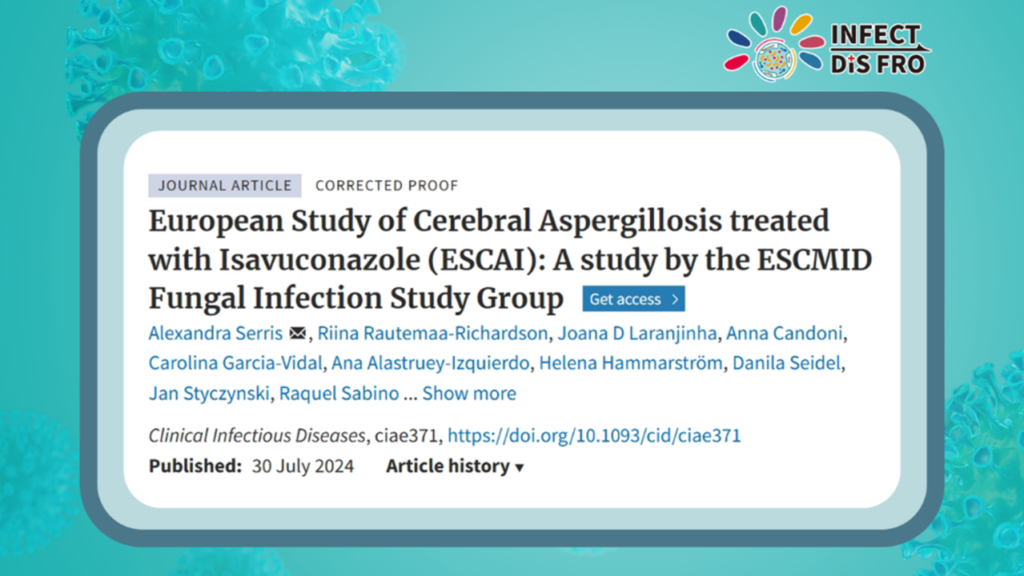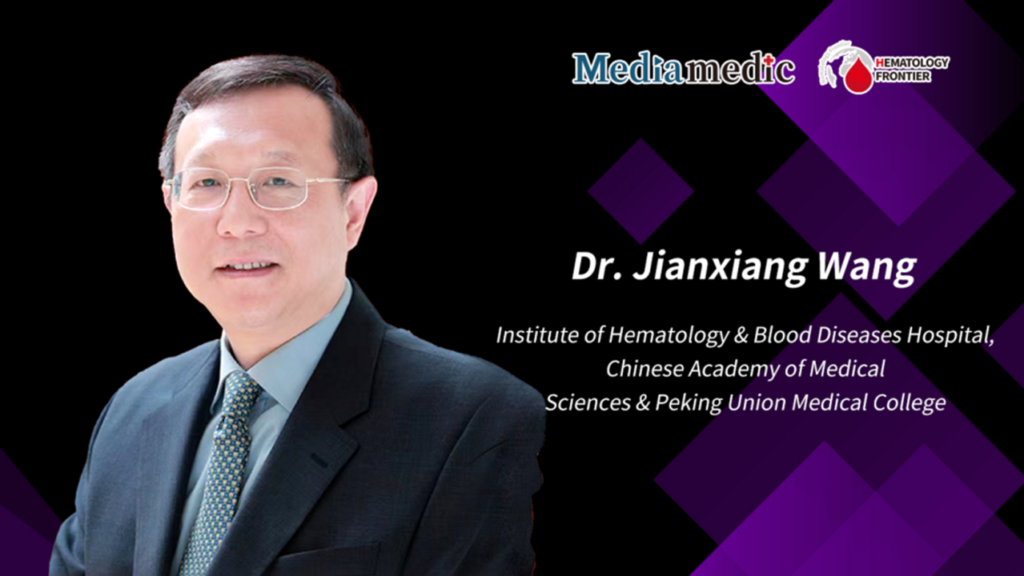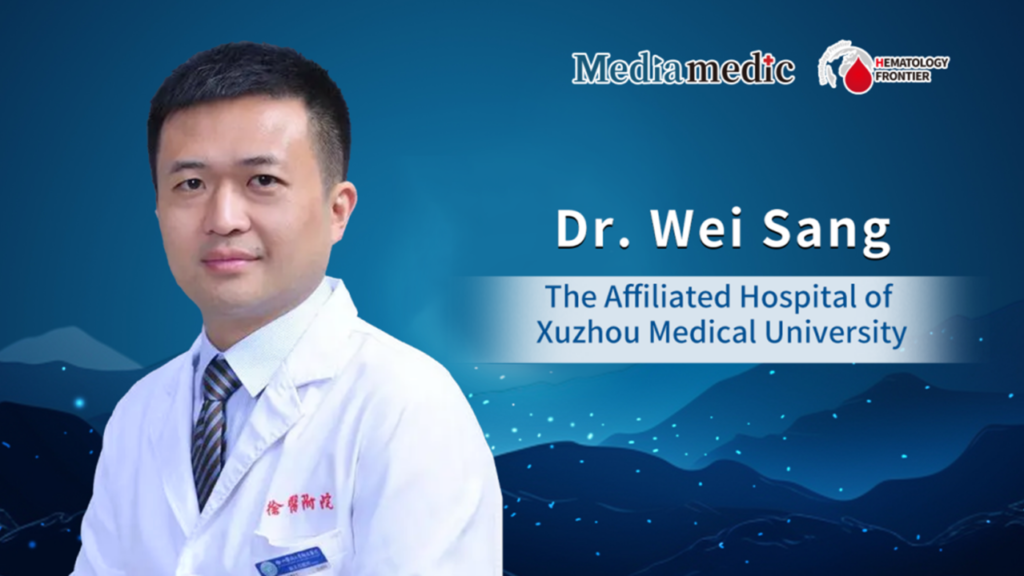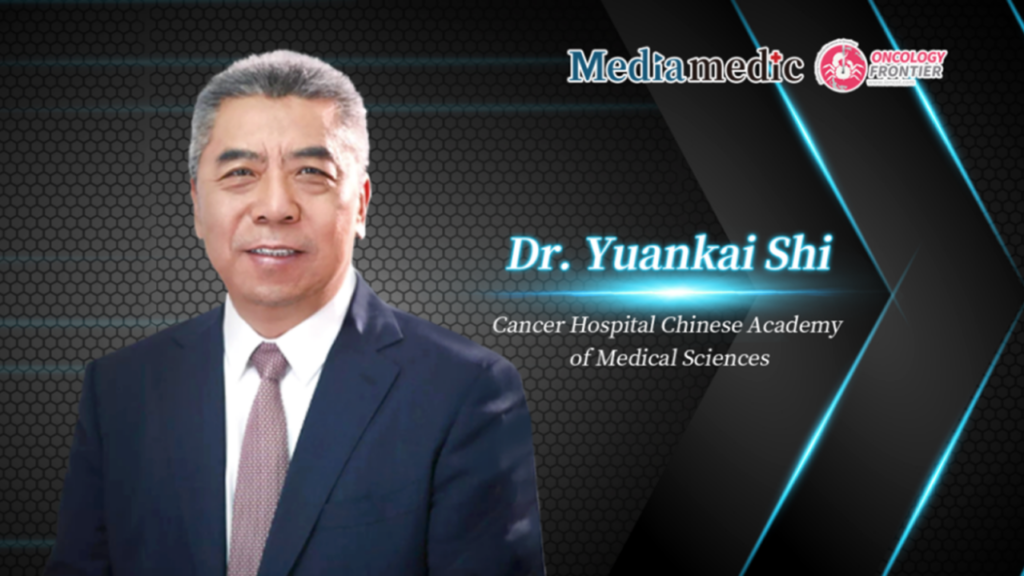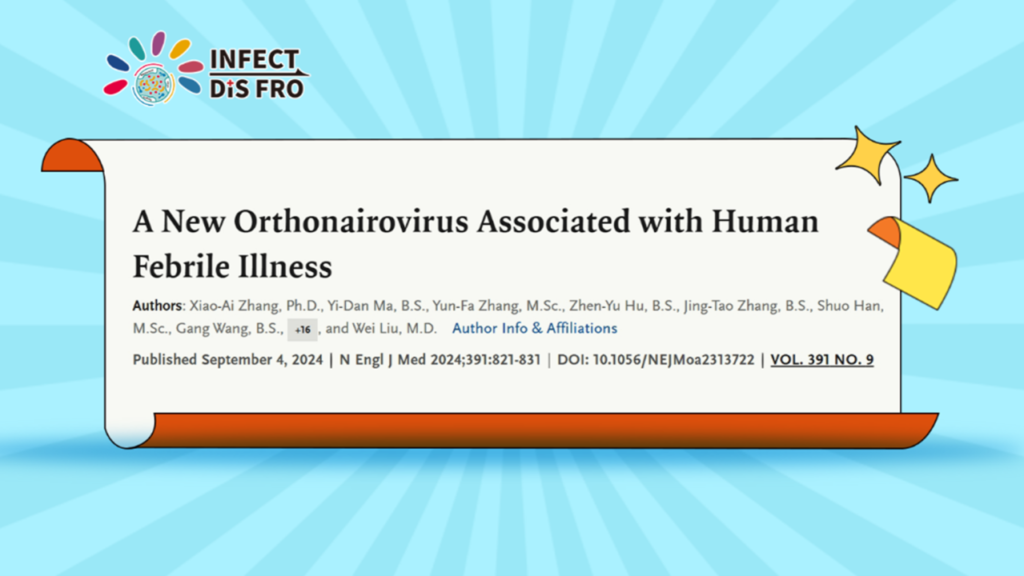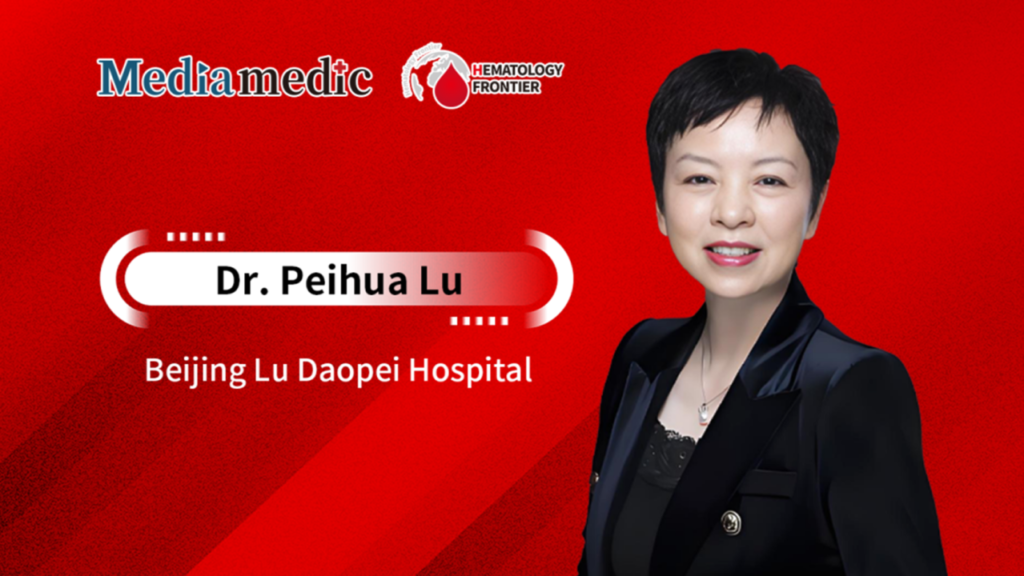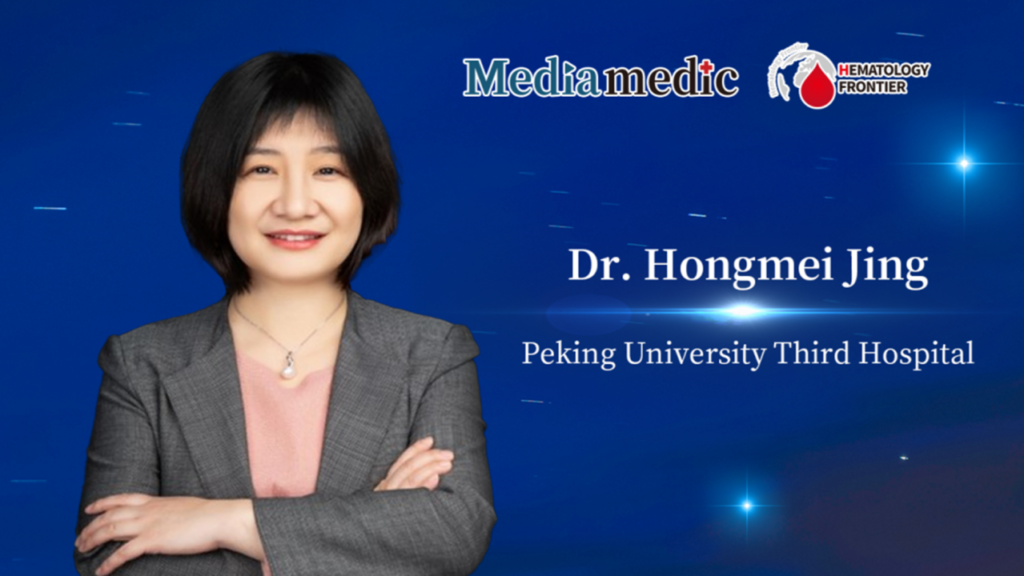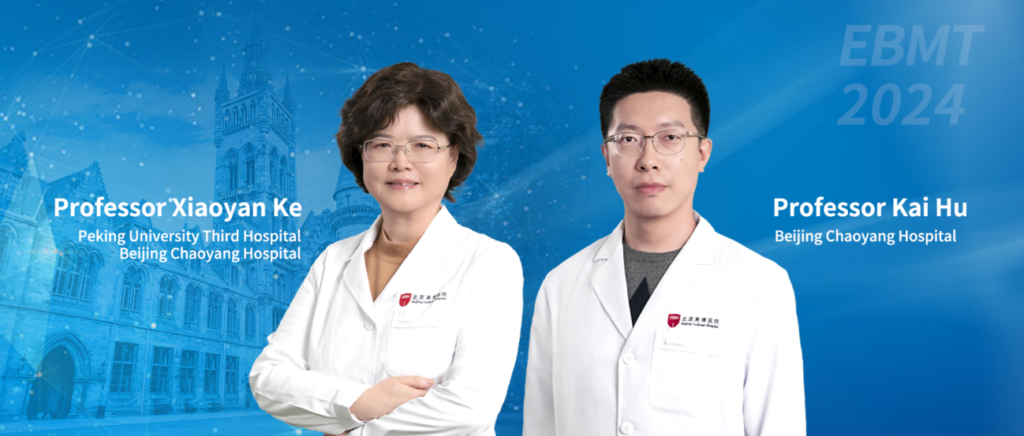Isavuconazole for the Treatment of Cerebral Aspergillosis: A Retrospective European EFISG Study
Cerebral aspergillosis (CA) is a lethal invasive fungal infection, with current national and international guidelines recommending voriconazole as the first-line antifungal treatment. While newer triazoles, such as isavuconazole, demonstrate good blood-brain barrier penetration, there is still limited clinical evidence to confirm their efficacy and safety for treating CA. Recently, Clinical Infectious Diseases published a retrospective study led by the European Fungal Infection Study Group (EFISG) of the European Society of Clinical Microbiology and Infectious Diseases (ESCMID). The study highlights that isavuconazole is well-tolerated in the treatment of CA, with mortality rates comparable to those of voriconazole.

